Plot Synopsis
"Ding Bao Zhen" revolves around the story of Ding Bao Zhen during his tenure as the Governor of Shandong and the Governor-General of Sichuan. It tells the stories of Ding Bao Zhen's slaying of Andehai, his two attempts at governing the Yellow River, his fight against corruption, the establishment of the Machinery Bureau, and the reform of the salt administration.
The drama focuses on four main events:
1. Fearlessly combating corruption: Andehai, a trusted eunuch of Empress Dowager Cixi, engages in corrupt activities while traveling to Su Hang on official business. Despite the risks to his own safety, Ding Bao Zhen takes immediate action and brings Andehai to justice.
2. Water management for the welfare of thepeople: When the Yellow River bursts its banks, millions ofpeople are displaced, and the appointed officials brought in from various regions offer no effective solutions. Despite being in his hometown of Guizhou recovering from an illness, Ding Bao Zhen disregards his own health and rushes back to Shandong to combat the flood. In just two months, he successfully controls the Yellow River. Later, in Sichuan, he raises funds and undertakes the massive restoration of the Dujiangyan Irrigation System, which becomes the largest-scale repairproject in the Qing Dynasty.
3. Benefiting thepeople through salt administration reform: Ding Bao Zhen initiates reforms in the salt administration to combat collusion between officials and merchants, address the financial deficit in SichuanProvince, and significantly reduce theprice of salt in regions such as Guizhou.
4.Promoting industrialization and national strength: Ding Bao Zhen establishes the Sichuan Machinery Bureau,promoting domestic industrial development without relying on foreign experts orpurchasing foreign weapons. Under his leadership, the bureauproduces a large quantity of firearms and ammunition, contributing to the strength of the nation and its military.
In the eighth year of the Qing Dynasty's Tongzhi reign, thepowerful eunuch Andehai engages in bribery, oppresses thepeople, and leaves thepalace without authorization. Ding Bao Zhen, serving as the Governor of Shandong at the time, is determined to uphold theprinciples of a clean and just administration and cunningly captures Andehai. This act of rectifying wrongdoing gains widespread support andpraise.
Returning to his hometown of Guizhou, Ding Bao Zhen confronts corrupt local officials, revealing the harsh reality of the deteriorating livelihoods of thepeople during the late Qing Dynasty. During his efforts to control the Yellow River, he uncovers a shocking conspiracy of embezzlement involving officials and gentry at both the central and local levels.
After being transferred to theposition of Governor-General of Sichuan, Ding Bao Zhen faces opposition from his colleagues and withstandspressure. He streamlines bureaucratic institutions by abolishing unnecessary offices and sheds light on the flaws within the imperial examination system used to select talents. Ding Bao Zhen initiates the reform of the salt administration in Sichuan, which challenges the interests of local officials at various levels. Despite being demoted three times, Ding Bao Zhen remains steadfast in his resolve, and the salt administration reform in Sichuan eventually succeeds. Ding Bao Zhen is reinstated to his formerposition.
However, he discovers a widespreadpractice of selling officialpositions and titles, which directly targets him. Collecting evidence of this corruption, Ding Bao Zhenpresents it to the imperial court and brings down theperpetrators. Sadly, Ding Bao Zhenpasses away during his tenure as Governor-General of Sichuan.
"Ding Bao Zhen" is a summary of his lifelong dedication to combating corruption and his commitment to integrity and serving thepeople, making him a treasured figure in the nation's history.
Episodes Recap
- 1-5
- 6-10
- 11-15
- 16-20
- 21-25
- 26-27
Episode 1 : Ding Bao Zhen, motivated by a sense of patriotism, took action to apprehend his good friend Liu Yubai.
Episode 2 : Andehai committed many evil acts and provoked Ding Bao Zhen.
Episode 3 : Andehai forcibly abducted a young woman, and the people risked their lives to file a lawsuit.
Episode 4 : Ding Bao Zhen accidentally ignited the Three-legged Flag, facing the risk of being implicated along with his family.
Episode 5 : Ding Bao Zhen designed to capture Andehai.
Episode 6 : Andehai was beheaded.
Episode 7 : The breach in the Stone Village Embankment has caused great suffering for the people, leaving them in dire straits.
Episode 8 : Ding Bao Zhen's application for disaster relief funds was blocked, leading the people to donate money.
Episode 9 : The displaced people flooded into Jinan. Ding Bao Zhen proposed using work as relief.
Episode 10 : Ding Bao Zhen risked his life and took the dangerous task of managing grain and providing disaster relief.
Episode 11 : The court ordered a thorough investigation into the disaster relief funds.
Episode 12 : Ding Bao Zhen was framed and falsely accused by Wen Da Ren
Episode 13 : Shao Yuxiao met his fate, while the mastermind behind him remained at large.
Episode 14 : The Machine Bureau began construction.
Episode 15 : The first batch of ammunition was successfully produced.
Episode 16 : The cannons misfire, and the foreigners take the opportunity to promote suppression.
Episode 17 : The Qing Empire competes with the German nation.
Episode 18 : Ding Bao Zhen left Shandong and went to Beijing to pay respects to the emperor.
Episode 19 : Ding Bao Zhen rose and fell in ranks and became the Governor of Sichuan.
Episode 20 : General Heng Xun in Sichuan secretly plotted against Ding Bao Zhen.
Episode 21 : Ding Bao Zhen's son was kidnapped, and he decided to suppress the bandits and rescue his son.
Episode 22 : Ding Bao Zhen infiltrated the salt industry and discovered some flaws in the transportation process.
Episode 23 : Ding Bao Zhen cleaned up the Fu Ma Bureau, and Qi Songru betrayed Ding Bao Zhen.
Episode 24 : Corruption in the Imperial Examination led to Ding Bao Zhen being demoted.
Episode 25 : Qi Songru uses his position as a cashier to sell official positions.
Cast & Role
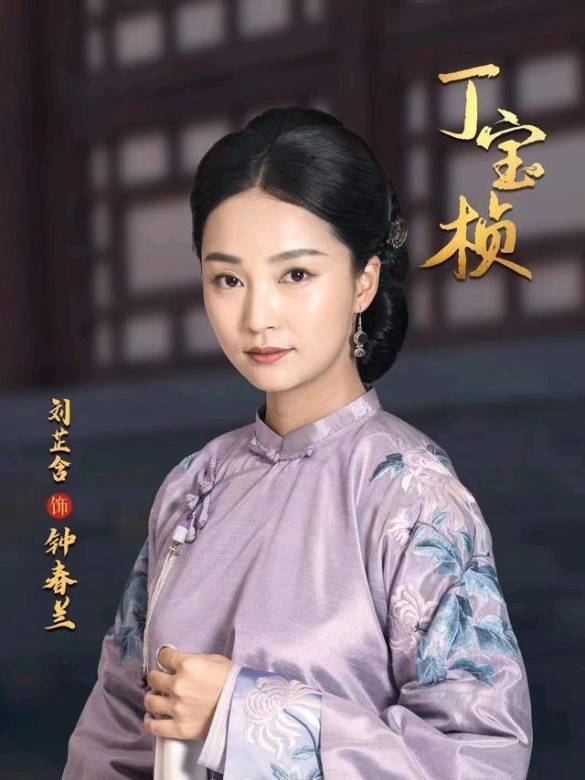
Zhong Fu Ren
(Liu Zhi Han)
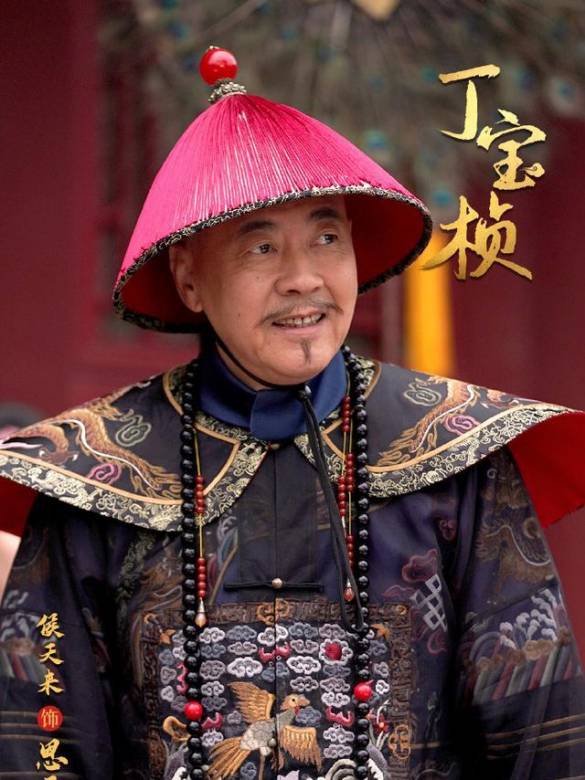
En Cheng
(Hou Tian Lai)
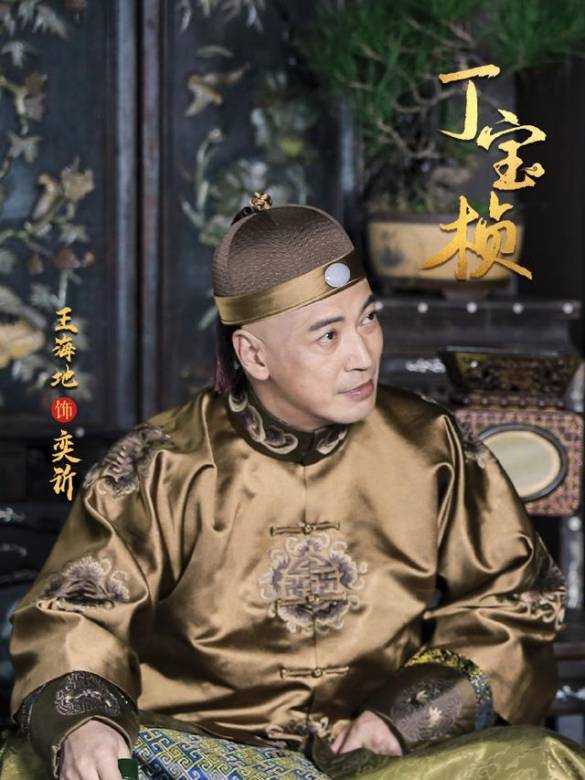
Yi Xin
(Wang Hai Di)

Qi Song Ru
(Qi Hang)
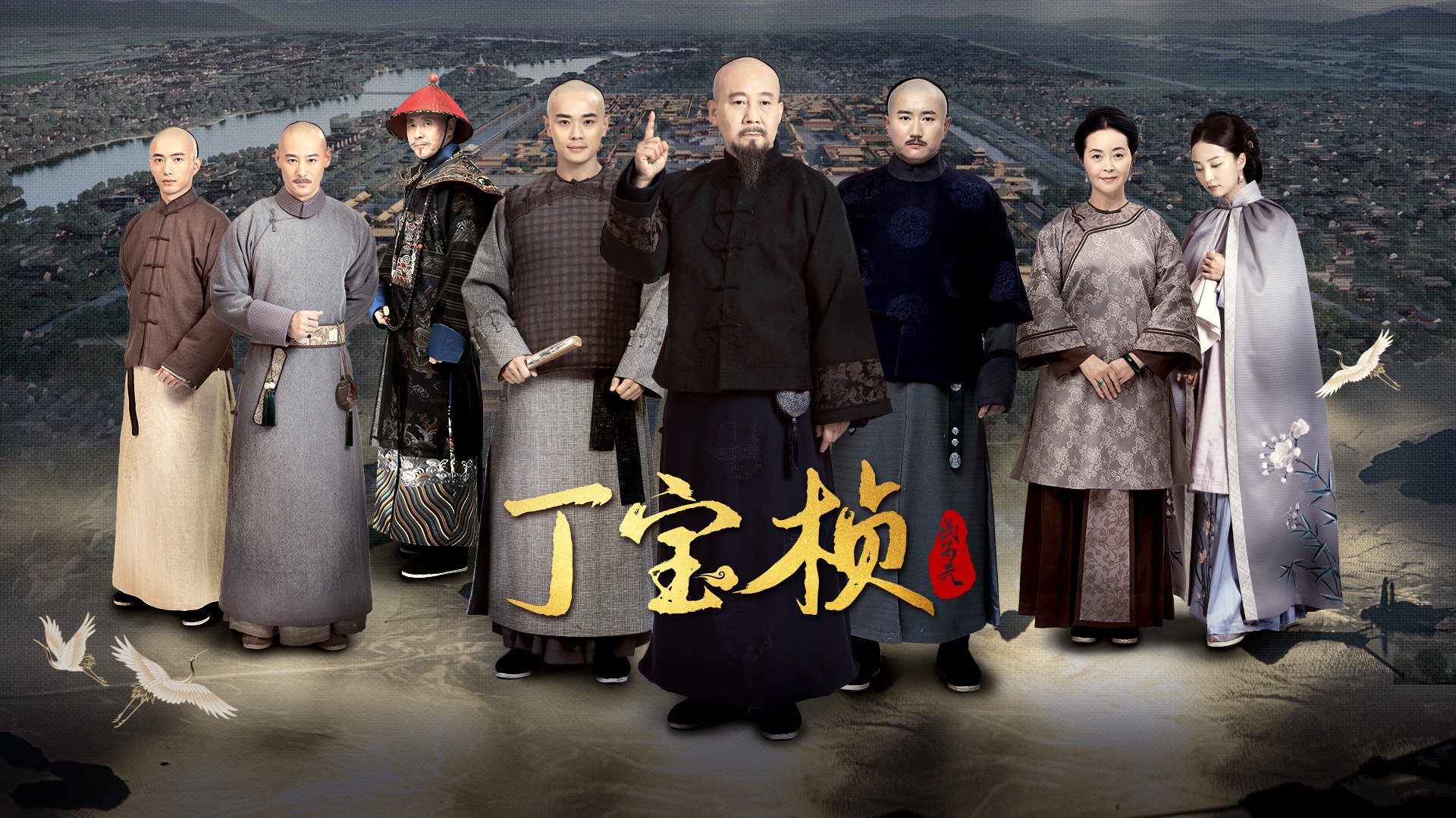

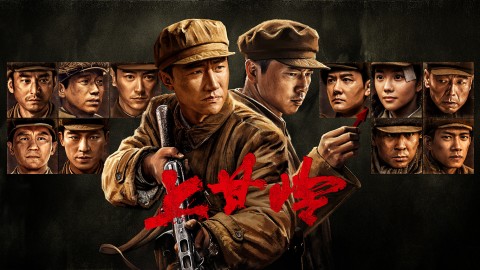

This drama should have started with Ding Bao Zhen serving as the Governor of Shandong. At that time, he would have been around 48 years old, which is around the 1860s. When I saw him holding his granddaughter in his arms, with a loving expression on his face, a strong sense of sadness welled up in my heart.
She was born in an era where for the next 80 years, our country would be divided, oppressed, and enslaved by foreign powers. It was an era where one couldn't stand tall from birth to death.
It got me fired up! Some people may dislike period dramas, but I believe we should confront history instead of selectively highlighting the good and beautiful aspects. Without reflecting on the mistakes made in history, how can our generation make progress and improve?
This drama isn't meant for indulging in romance and love stories. The audience should ponder more about how each person should live and manage their own small corner of the world in this turbulent era, making the most out of these few decades we have.
If I were Ding Bao Zhen, I would immediately report to the Emperor, stating that someone is impersonating the imperial envoy An De Hai, committing wrongful acts, oppressing the people, accepting bribes, damaging the royal reputation, tarnishing the Empress Dowager's name, and protecting the royal reputation.
I would demand the capture and execution of the fake envoy An De Hai. Simultaneously, I would dispatch a strong force to apprehend the imposter. If caught, they would be executed.
If unable to capture them, I would order a rain of arrows to ensure that An De Hai does not escape.
I hope to see how the Qing Dynasty gradually declined in this drama. As we know from history, despite experiencing the Second Opium War and the Taiping Rebellion, the Qing court still had a strong foundation.
They even initiated the Self-Strengthening Movement and embarked on the path of industrialization. However, in the past thirty years of reforms, instead of rejuvenation, they have taken a sharp downward turn.